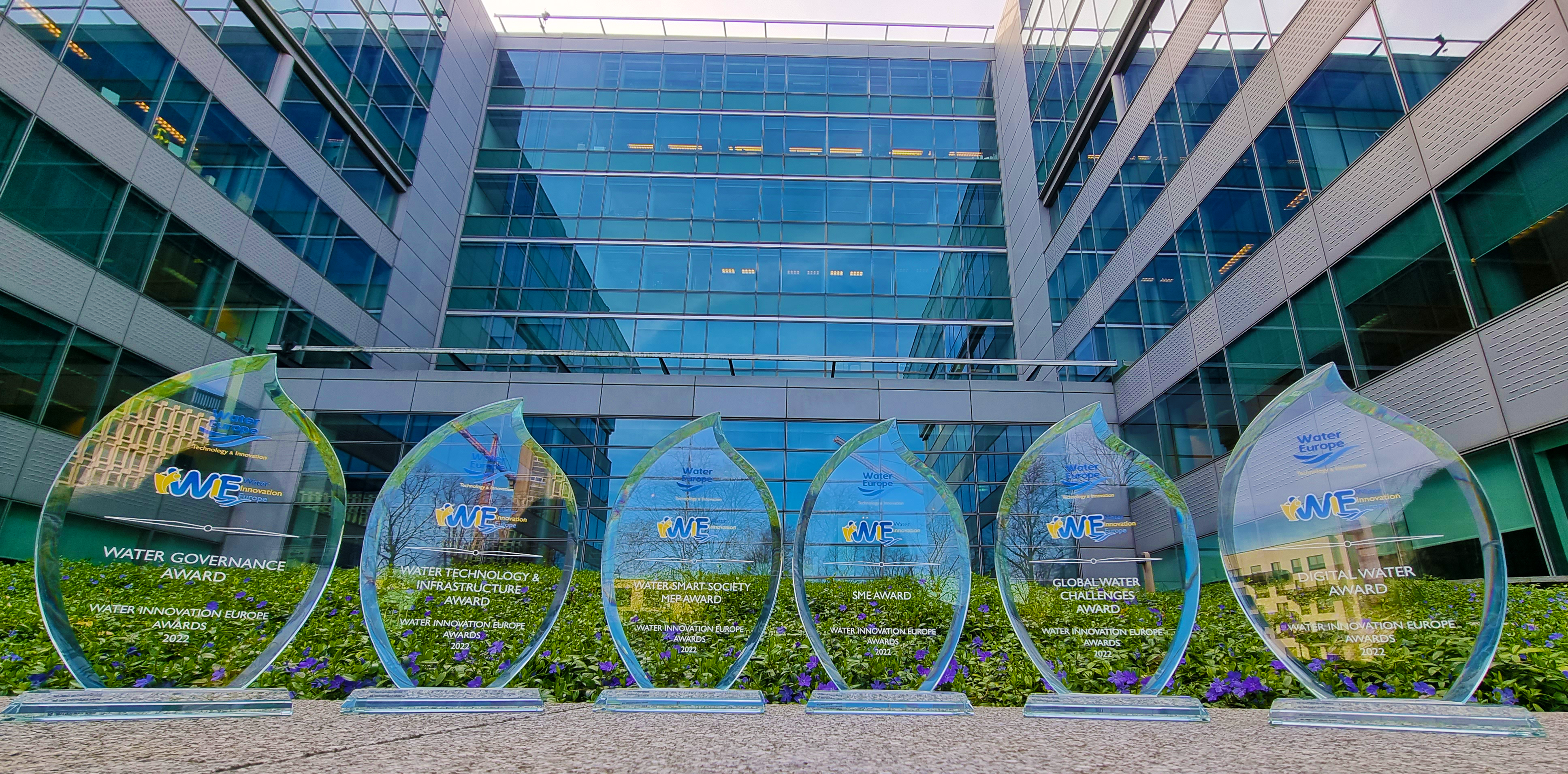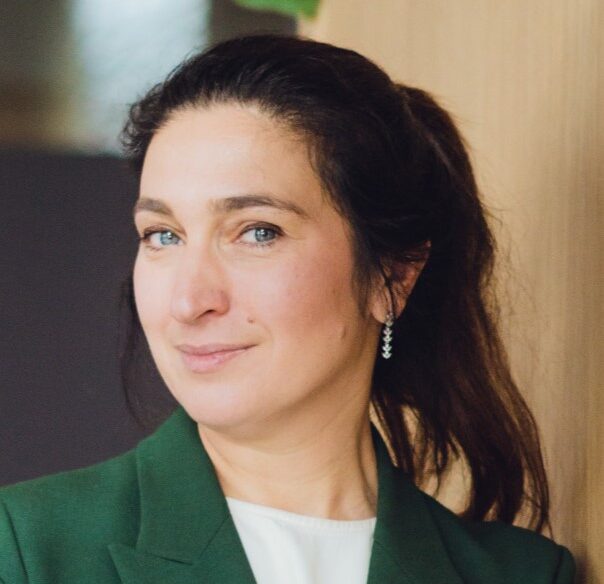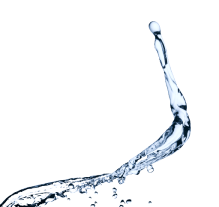During emergency response operations, first responders are at risk of being exposed to dangerous pathogens (such as norovirus, e. coli and v. cholerae) through skin contact, ingestion or inhalation. These pathogens pose a significant risk of illness, disease or even death. Currently, there are very few available field-validated technologies to assist first responders when having to operate within an environment with such dangerous pathogens.
To address this challenge, an international consortium of 23 partners, including Universities, Research Centers, NGOs, Emergency Responders, Agencies, Water Utilities and Companies from the European Union (Belgium, Bulgaria, Cyprus, Germany, Greece, Italy, the Netherlands, Romania, Spain, Sweden) and South Korea, joint forces, as part of a new 3-year Horizon 2020 Project entitled: Pathogen Contamination Emergency Response Technologies (PathoCERT). The project is coordinated by the KIOS Research and Innovation Center of Excellence at the University of Cyprus and was launched on September 1st, 2020.
The project has received €6.9M from the European Union, under the Horizon 2020 programme, to research, develop and evaluate specialised technologies, tools, and procedures, to handle emergencies and investigate events that involve possible waterborne pathogen contamination events. The PathoCERT’s outcomes will strengthen the capabilities of first responders and agencies, in terms of real-time accurate pathogen detection, increased situational awareness, improved ability in contamination event control and risk mitigation, and joint coordination between agencies to effectively manage these events.
PathoCERT will host its kick-off meeting on the 5th and 6th of October 2020. To read more about the project click here.
More updates on the project’s developments will follow soon. Stay tuned.




